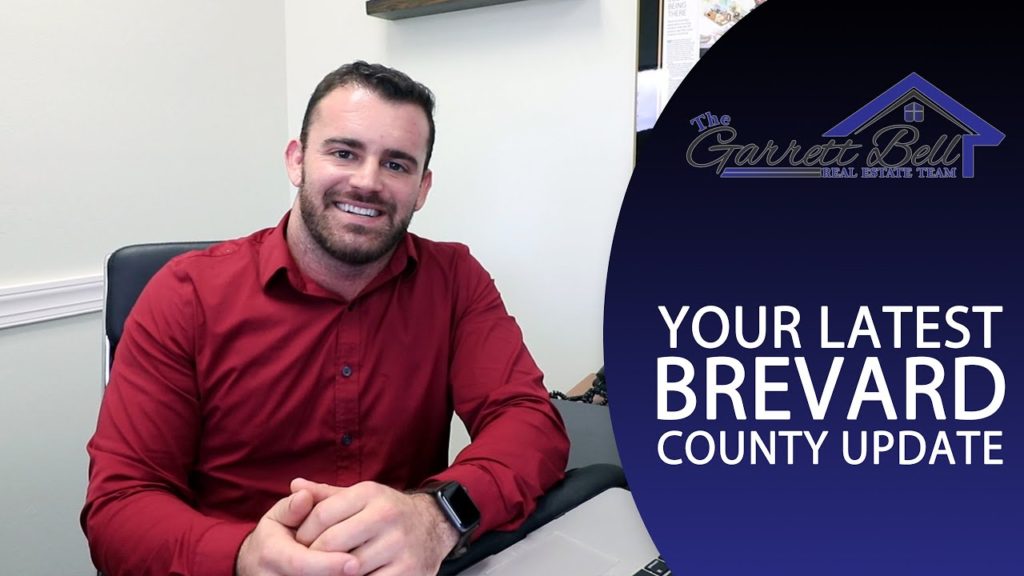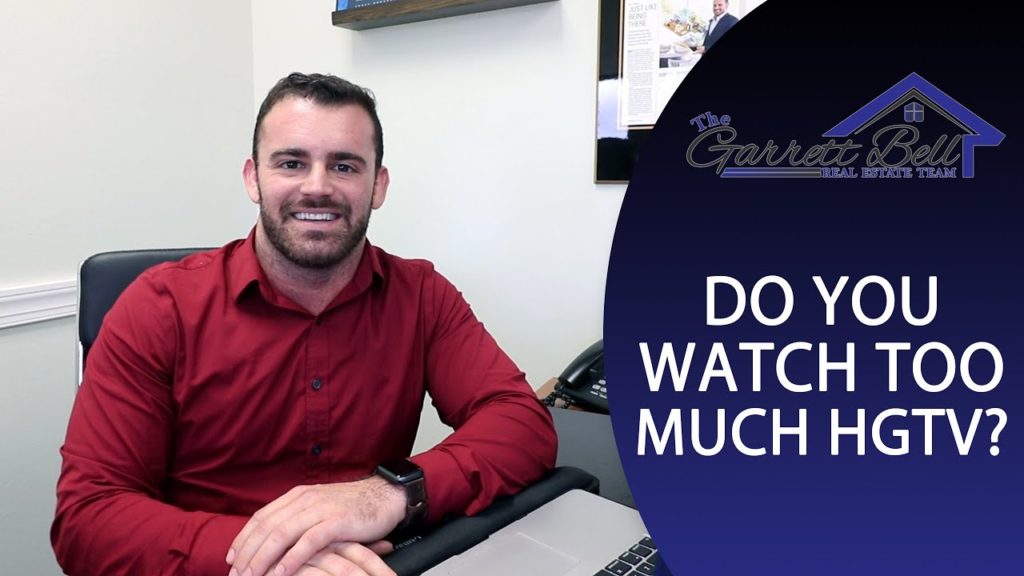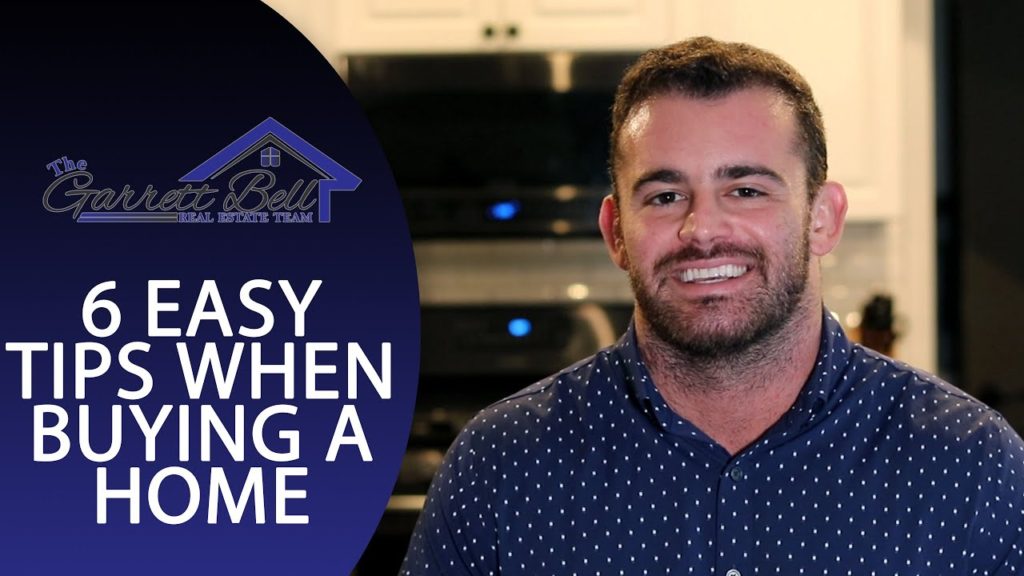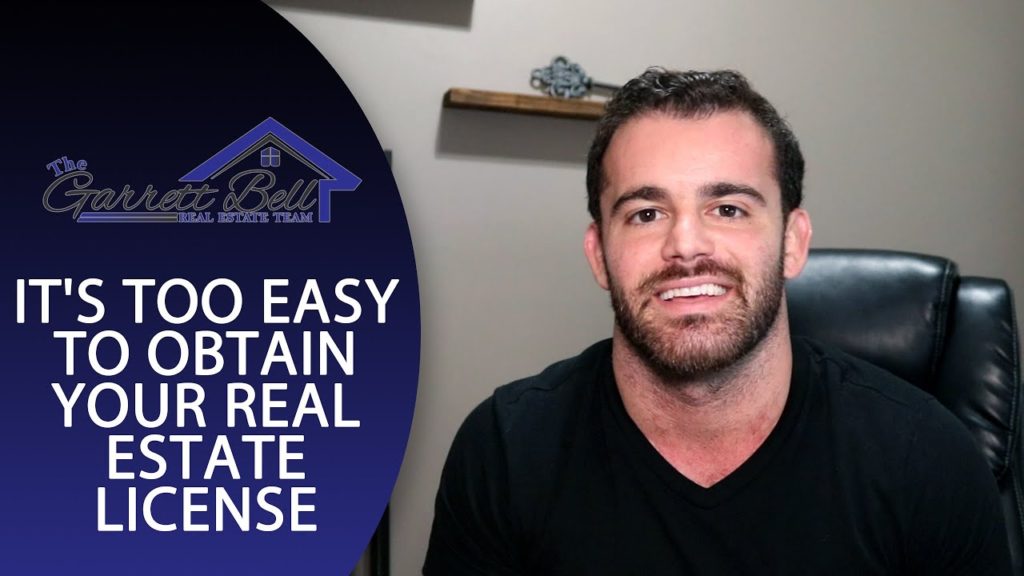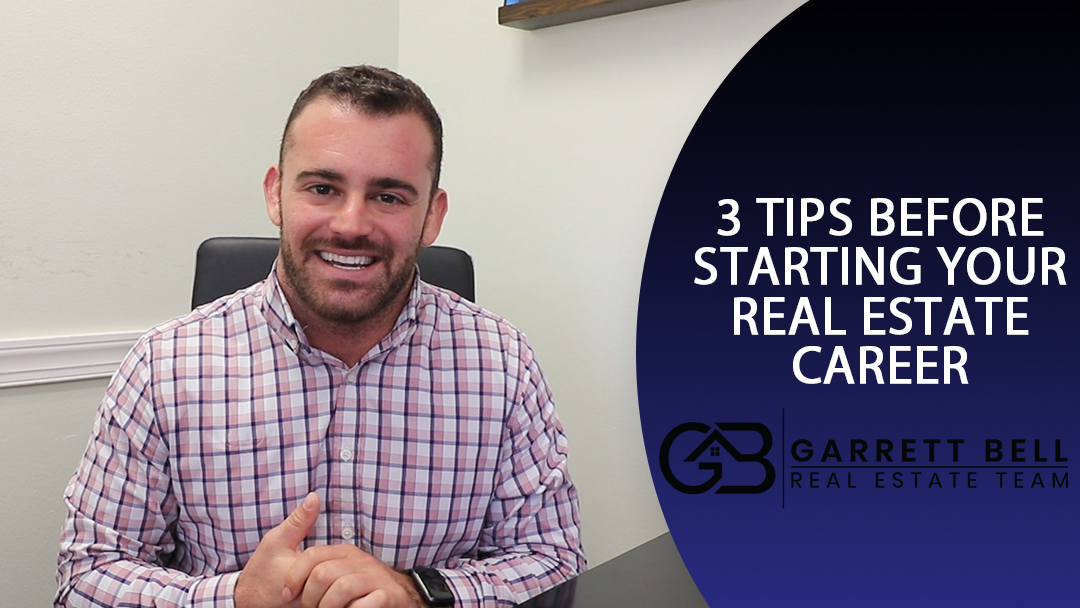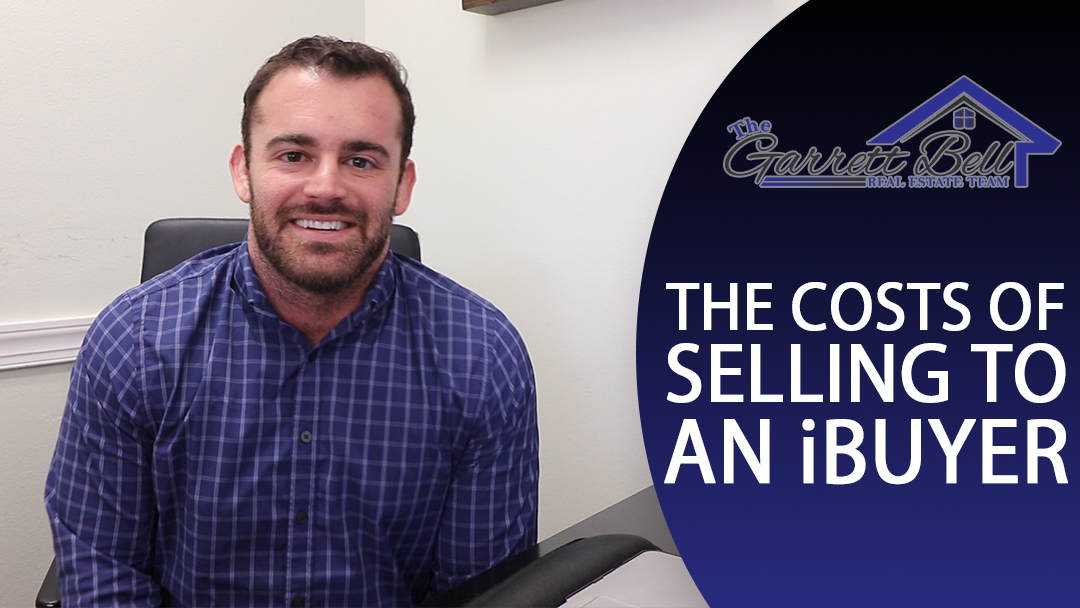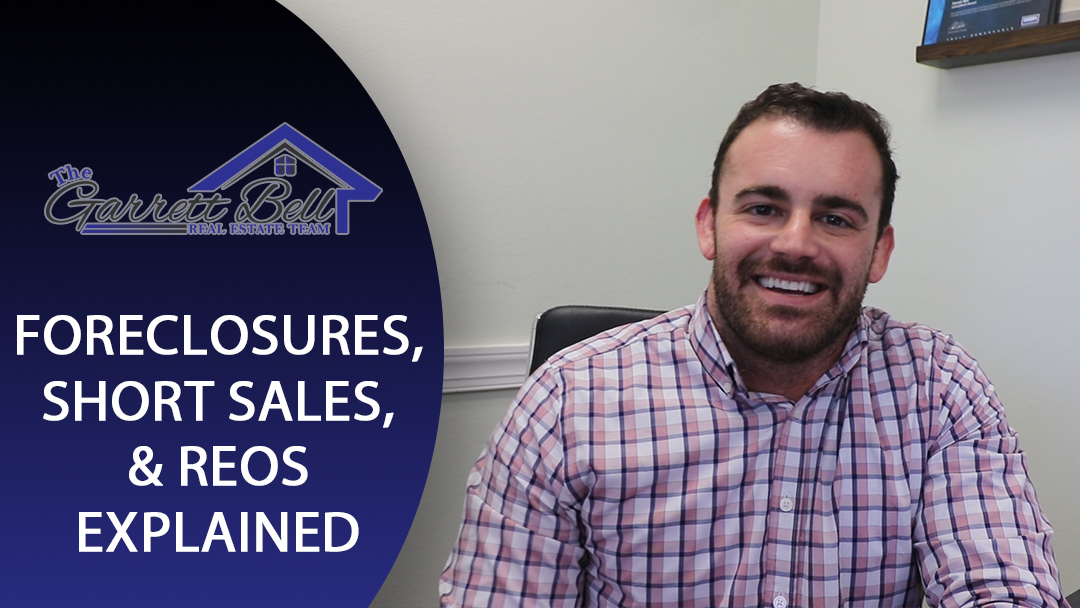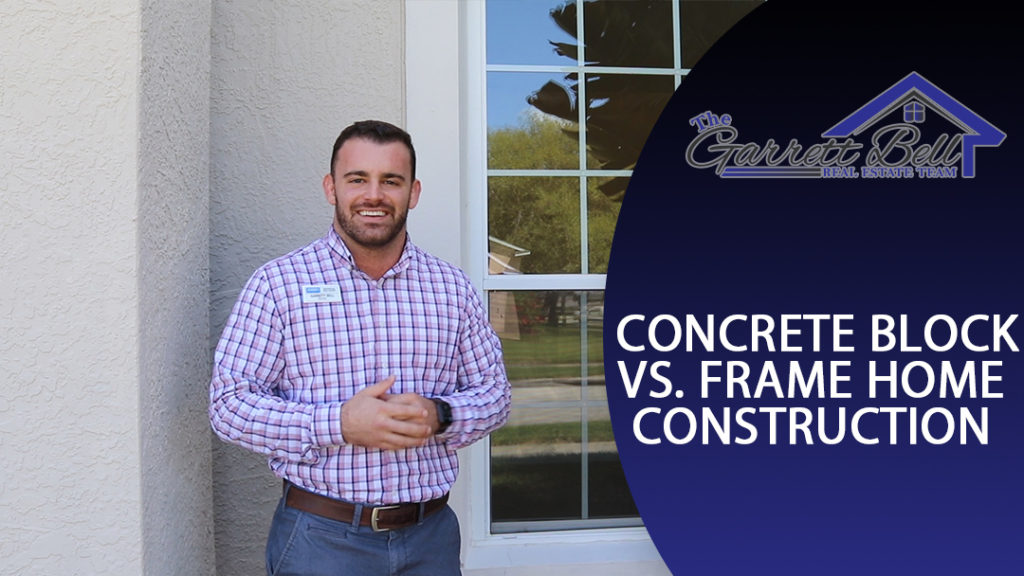
Homes in Florida are built from concrete block and/or frame, but what makes one different from the other? Beyond cosmetics, what value does exterior paint hold? I’ll answer these questions and more today.
Buying a home? Click here to search all homes for sale.
Selling your home? Click here to learn more about our home selling system.
Home construction can be split into two types: concrete block and frame homes. Today we’ll talk about the ways they can be discerned from each other.
Here in Florida, it’s not out of the ordinary for a home to be built from both concrete block and frame. To highlight some of the key differences, I’m outside of a home today that was constructed in this way.
A home with recessed windows, as seen at 0:30 in the video, is your first clue that a home was built—or partially built, at least—from concrete block. Recessed windows sit further back and aren’t flush with the connecting exterior wall. At 0:38 in the video, you’ll see that, on the second story, it’s just the opposite—this window is perfectly flush and frame-level, which indicates it’s frame construction.
“the gap that borders bottom of a home separates ground and stucco has two main purposes: to alert an inspector termite presence prevent water intrusion.
It’s commonly (and erroneously) believed that paint is nothing more than a cosmetic consideration for a house, but this just isn’t true. In fact, painting your home’s exterior can prevent water intrusion.
If you’ve owned a home in Florida for any length of time, you’re probably no stranger to cracks in your stucco. With the amount of rainfall we get, your home could definitely be at risk of water seepage.
Stucco painted over the top of a frame exterior is something you’ll see in many Florida homes. The gap that borders the bottom of the home, shown at 2:07, serves to separate the ground and the stucco and has two main purposes: to alert an inspector to termite presence and to prevent water intrusion.
As I mentioned earlier, frame homes tend to have windows that are flush with the exterior wall. There are exceptions, though. The home I’m next to at 2:48 in the video is a case in point—as a faux brick property, this is considered a frame home, but its windows are recessed. You’ll notice that, unlike the home I showed you at 2:07, this home doesn’t have the gap where the brick meets the grass. For termite inspection purposes, it’s very important that your home has that gap.
If you have any questions about today’s topic or anything else related to real estate, let us know. We’d be happy to help!

